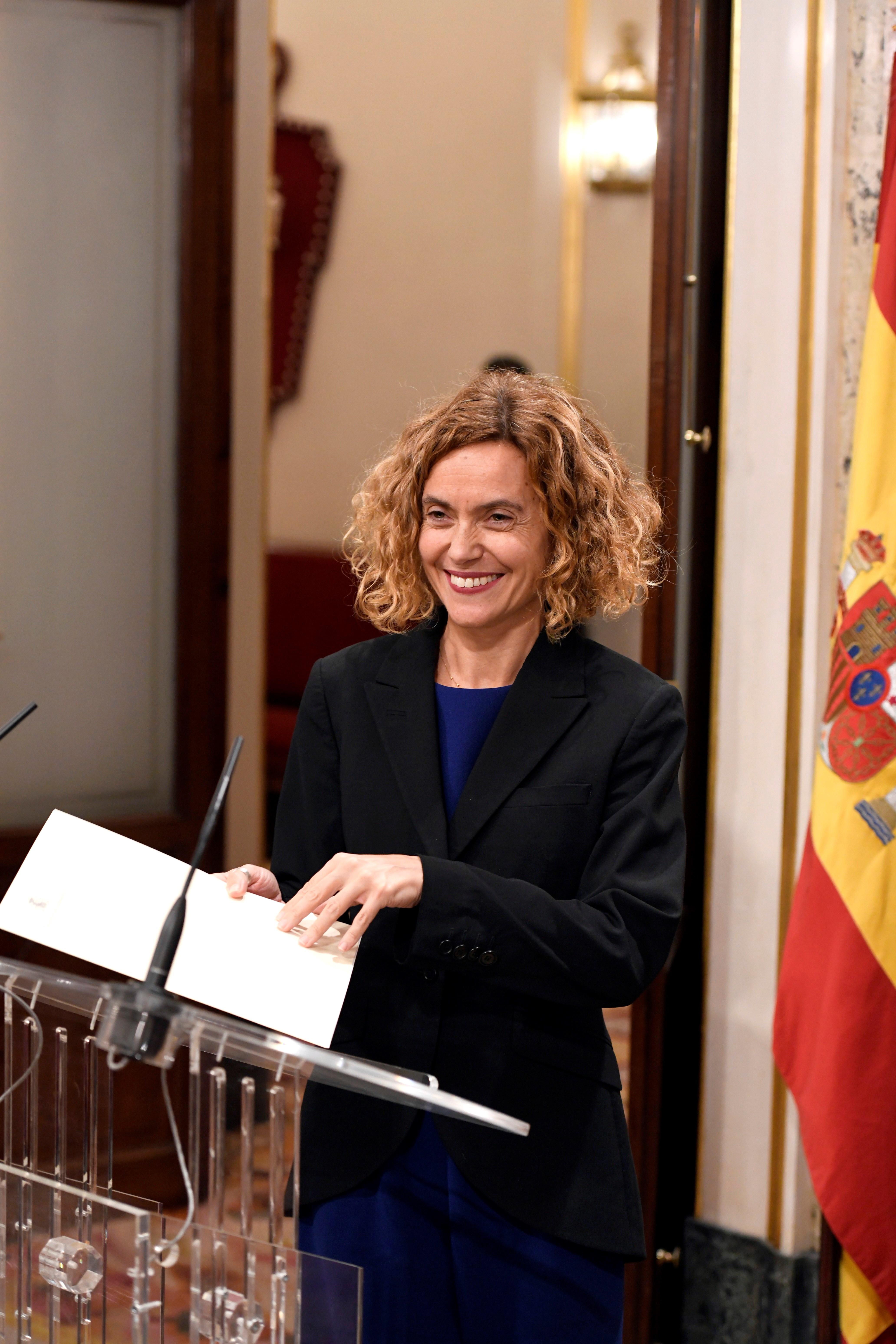Spanish parliamentarians have ruled out congressional investigations into three of the country's current political controversies. The procedural Bureau of Spain's lower house this Tuesday decided not to find space in the parliamentary agenda to discuss commissions of inquiry into, firstly, the financial affairs of the king emeritus, Juan Carlos de Borbón; secondly, the alleged internal espionage against pro-independence Catalan politicians such as the parliamentary speaker, Roger Torrent; and finally, the claims that the Podemos party has irregularities in its financing.
The governing PSOE added its votes to those of the right wing opposition parties, PP, Vox and Cs, to veto the two motions on the king emeritus and internal espionage, while it formed a majority with Podemos to block any discussion on the financing of the coalition government's junior partner. The three commissions had had a favourable report from the congressional lawyers on their legal appropriateness, and had been processed by the Bureau last week.
In the case of the political espionage question, the Spanish government has always denied that this took place, despite revelations, reported in UK newspaper The Guardian and in Spain's El País about illegal monitoring of the phones of Roger Torrent and two other politicians, ERC's Ernest Maragall and the CUP's Anna Gabriel. As for the commission to look at the funds which Juan Carlos I received in connection with the Mecca high speed train, the Socialists have derailed all petitions investigating the emeritus king. This time, however, another formula had been sought to attempt to get round the veto: propose an investigation into the public companies that took part in this infrastructure. It allowed the proposal to get the thumbs-up from the parliamentary lawyers. But the idea didn't get any further than that.

